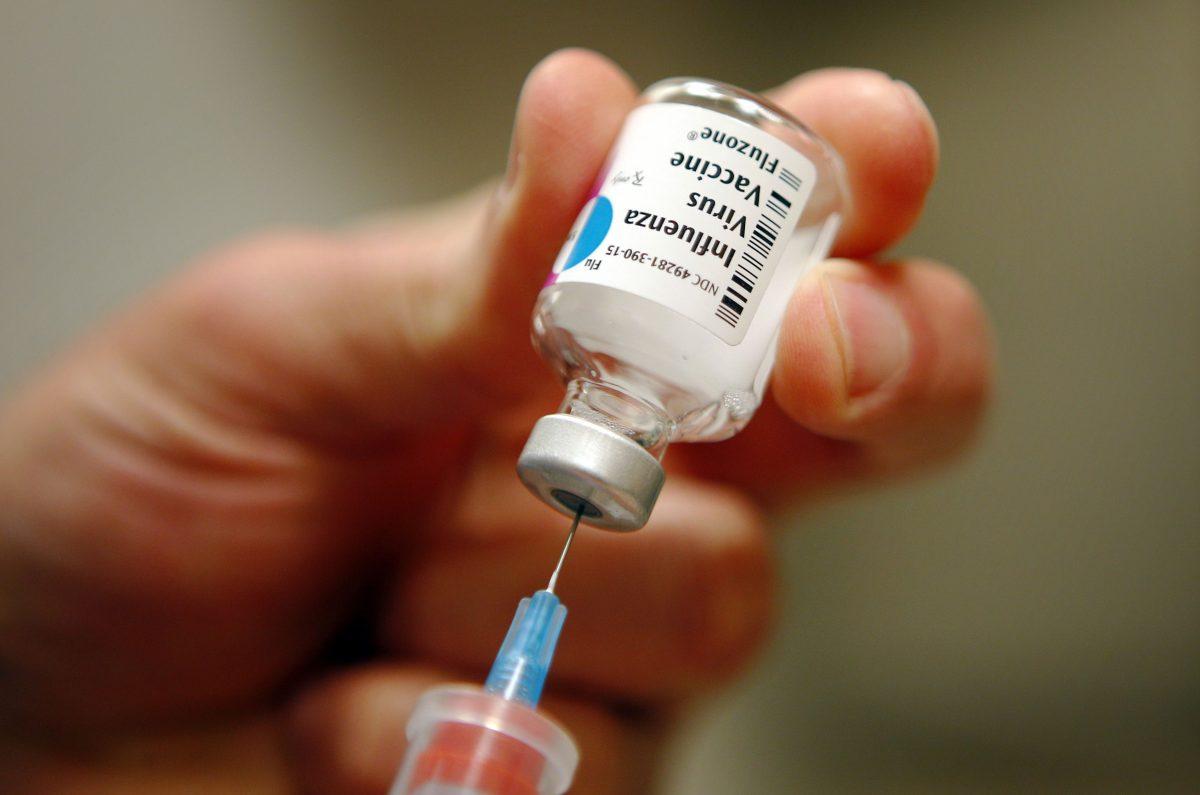‘24
The flu shot is a vaccine that aims to decrease the spread of influenza. Every year, epidemiologists make educated hypotheses on which strains will be most present during that flu season using data trends from previous years, which are put into the vaccine. Sometimes, the epidemiologists make incorrect predictions, making the vaccine less effective because it targets the wrong strains. Generally though, the vaccine decreases the likelihood of developing illness, being hospitalized, and dying. The CDC reports that getting the flu shot decreases the chance of developing a flu illness by 61%. Being an informed patient is important when making healthcare decisions.
The Case for the Flu Shot
Although the flu is seen as a common and manageable illness, it is important to remember that there is a serious risk of becoming hospitalized, developing a chronic fatigue syndrome, or dying. In the 2019-2020 flu season, 380,000 Americans were hospitalized for influenza and 20,000 died from it.
Aside from the concerning health costs of getting the flu, the medical bills of medical complications can be expensive. A report by the US Centers for Disease Control and Prevention reveals that the flu costs Americans $10 billion per year in medical bills. The report suggests that an increased immunization rate among the population would decrease this number. The flu shot tends to be free at major US pharmacies, such as Walgreens and CVS.
The flu vaccine is especially important for people with preexisting health conditions. People with diseases such as diabetes, heart disease, or asthma are 80% less likely to die from the flu even if they have had the flu vaccine.
It is believed by a loud minority that receiving the flu shot can give a person the flu. Receiving the vaccine cannot give someone the flu because it is made from a dead or weakened form of the virus. Another myth of the flu shot is that it can give its recipient Autism Spectrum Disorder (ASD). Studies done by the National Institute of Health show that it cannot give flu vaccine recipients ASD.
For people afraid of needles, between ages 2 and 49, not pregnant, and not asthmatic, a needleless flu vaccine is available. It is a nasal spray that patients can request from their doctor.
Herd immunity occurs when a majority of a community’s population is vaccinated against a viral disease. The more people that get vaccinated in a population, the less likely a person within the given population is to contract a disease. Herd immunity slows the speed of the spread of a disease. For example, in the UK, all children ages 1-9 are required to get the polio vaccine. Because of this, the last case of polio in the UK was in 1984, according to the UK’s NHS (National Health Service).
Mrs. Hass-Wasserman, one of the IH school nurses, comments, “I believe that we should get the flu shot to protect ourselves, to protect the people who can’t get the flu shot – like babies, older people, and people who have chronic health conditions. […] So if [your friend] gets the shot and I get the shot but you can’t get the shot because, let’s say, you have cancer, then we protect you. That’s what herd immunity is. The more and more people who don’t get vaccinated, we lose our herd immunity, so I think that’s really important.”
The major religions of the world generally accept immunization. Buddhism, most denominations of Christianity, Hinduism, Judaism, Islam, and Scientology all accept immunization as a necessary protection of life.
The Case Against the Flu Shot
The flu shot needs to be taken every year because the dominant strains change each year. This can be costly for those that need to take time off of work.
Even though the flu shot is considered safe, there is potential to develop redness, swelling, and soreness at the injection site. Mrs. Haas-Wasserman adds, “[…] there’s nothing really dangerous [about receiving the flu shot] unless you’re allergic to the shot. If they know you’re allergic, then they give you another shot. Some of the side effects are headache, muscle aches, and fatigue. Those usually last only two days.”
Guillain-Barré Syndrome (GBS) is an immune and nervous system response disorder that can be caused by flu vaccination, cytomegalovirus, the flu sickness, and Epstein-Barr virus. The CDC estimates that 3000-6000 Americans develop GBS each year. GBS can be treated with plasma and immunoglobulin therapies. Those who received the 1976 swine flu vaccine had a slight increased risk for developing GBS of 1 additional case per 100,000 people. A person is 297.6 times more likely to get in a car crash than get GBS and 10 times more likely to be in a plane crash than get GBS. Currently, there are about 1-2 additional GBS cases per million flu vaccine doses administered. The FDA and CDC both closely monitor the safety of vaccines and have no concerns about GBS and the flu vaccine at the moment.
Some denominations of Christianity (including Dutch Reformed Congregations and the Church of the First Born) have a theological objection to vaccination.







